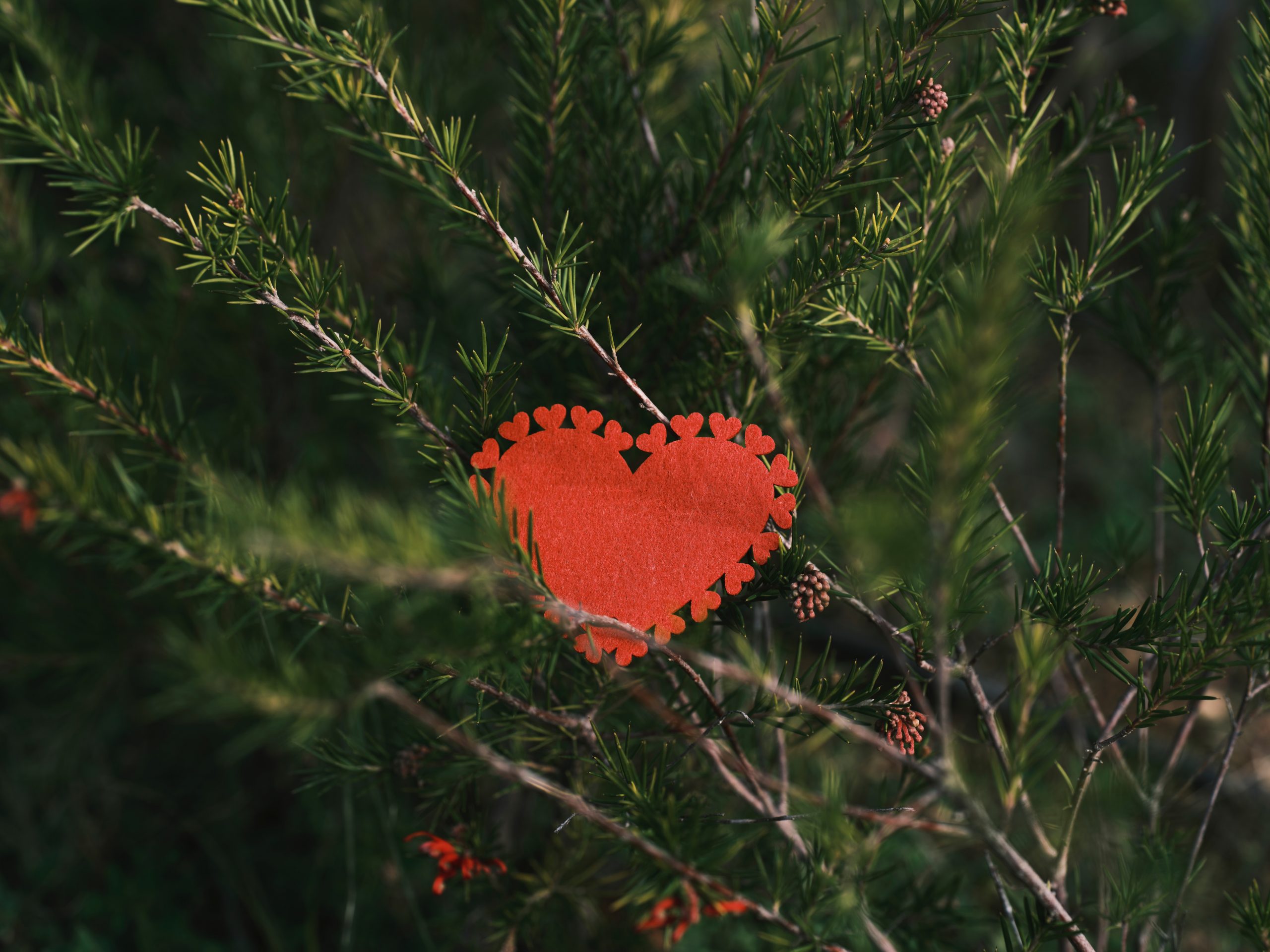A lot of us romanticise the outdoors in our childhood memories. We recall the warm summer days, playing outside until it got dark and taking advantage of the playground nature offered.
I think a majority of children grow up with an intimate relationship with nature, and this is something brought with us into adult life. Sex, love and nature — all are intrinsically combined, whether we realise it or not. Now, I’m not suggesting that our sexual awakening stems from time spent pottering about the garden watering the plants in your little wellie boots, but it’s outside where we discovered forms of fascination and excitement.
“Outside was the backdrop of the first serious, or should I say, official, relationships.”
The outdoors provided us with a sense of freedom. This is especially true in our early teen years, with one of the most frequently asked questions being “You coming out?”. Growing up in Ireland saw hours of locally walking to and fro, kicking the ball about and gossiping (so thankful that photos taken on Retrica have been lost). Outside was the backdrop of the first serious, or should I say, official, relationships. Sitting on the grass on a summer’s day along with ten others, one of them most likely being your wingman/woman, with a Mr Freeze ice pop. The first kiss: most common locations being discos, a wooded area, fields and GAA clubs. The Gaeltacht too, of course. Standardly awkward, but so innocent and exciting. Perhaps, on a walk, you’re handed a dandelion they’ve picked for you.
Of course, so many considered romantic settings are outside. Whether that be a cliff at sunset or the Phoenix Park at night (where you are urged to take used condoms with you. They are not biodegradable…). According to Trips to Discover, some of the world’s most popular proposal spots include beaches of Hawaii, Niagara Falls, Isle of Sky and the Cliffs of Moher. Nature’s palette is attractive. Green has always signified growth, rebirth, health and fertility — with this, what turned people on four hundred years ago? Good crops? Land as well as a handsome dowry?
“Today, a single rose or a huge bouquet can symbolise love, grievance or appreciation”
Flowers. Why is giving blossoms to those we care about considered a thoughtful and beautiful gesture? Because they look pretty? Does consumerism say so? Certain pieces of nature possess their own love language, which varies from culture to culture. Were flowers the original aphrodisiac? The ancient Greeks initially brought flowers to the temples as offerings to the gods, but this religious practice evolved into giving thanks for beautiful women or earthly goddesses. Centuries later, aristocrats of Victorian England — an era in which the expression of outward emotion was frowned upon — began to express themselves through flowers. Floriography, the language of flowers, flourished during this time of strict behaviours and the prohibition of flirtatious conservations. Today, a single rose or a huge bouquet can symbolise love, grievance or appreciation; just like in the confined passions of the Victorian era, flowers send a message without words, love and nature hand in hand.
Sometimes we put pressure on nature to be visually beautiful. I can’t help but wonder how the world must have differed in the eyes of creatives in a time without the imminent issues of pollution or climate change. When it comes to the literary sources used by the greats, would they have differed if they lived through the ecological state our planet suffers in today? Would Shakespeare have ambiguously referenced the melting of the ice caps in his tragedies? Would Macbeth’s inner turmoil have symbolised the crashing ice? Would Yeats have wished for his soul to be transcended back to Innisfree if empty cans of Orchard Thieves floated in the lake or sewage disposed of in it? As our earth deteriorates, along with it so does its beauty and our sentimental relationship with nature.






